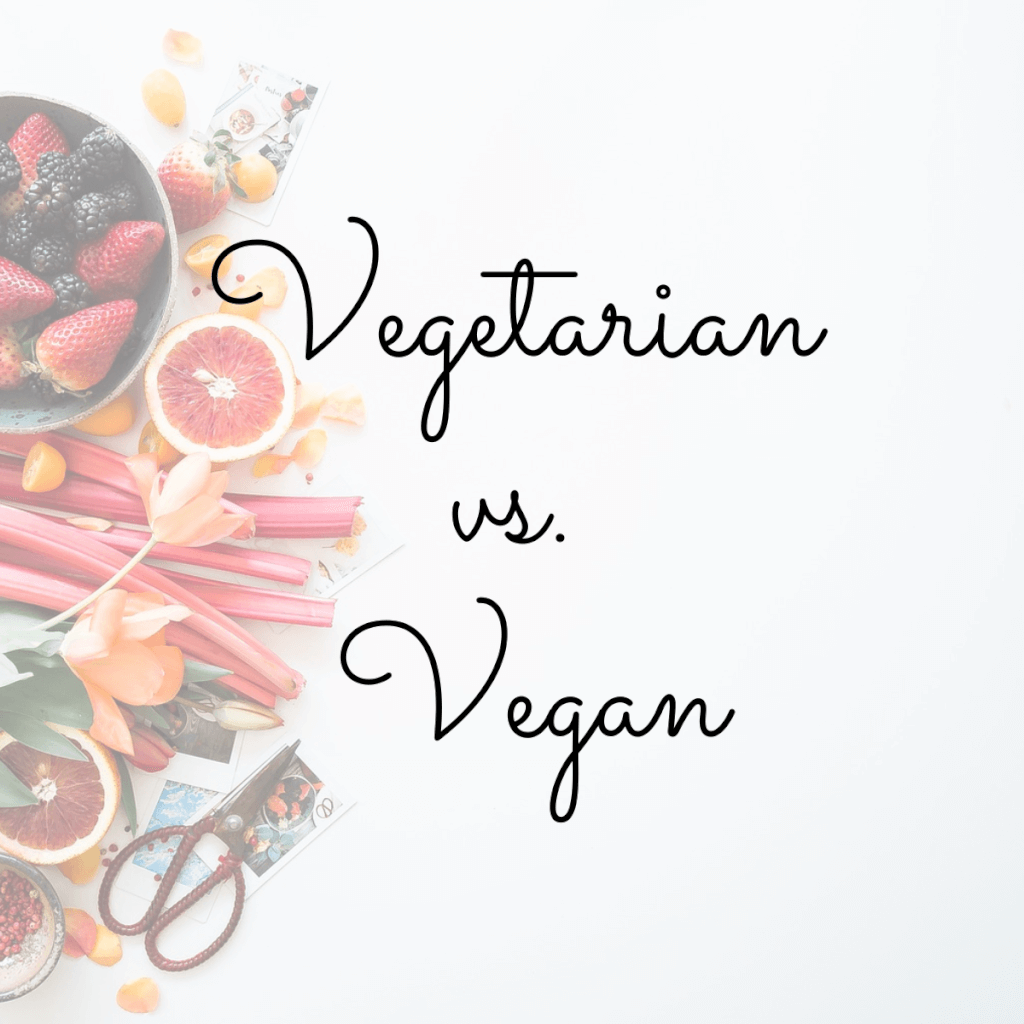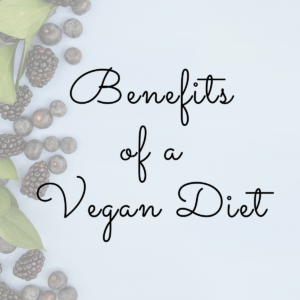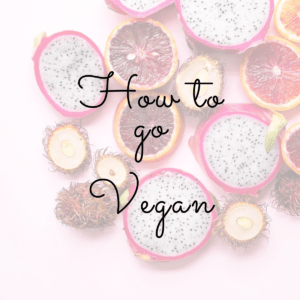
Vegetarian vs Vegan explained
Vegetarians and vegans both avoid eating meat, but there are some key differences between these two types of diets.
Vegetarians: Vegetarians do not eat meat, poultry, or fish. However, they may consume other animal products, such as eggs, dairy products, and honey.
Vegans: Vegans go a step further than vegetarians and avoid consuming all animal products, including eggs, dairy products, and honey. They also avoid using animal-derived products, such as leather, fur, and wool. The vegan diet consists only of plant-based foods.
Both vegetarian and vegan diets can be healthy if they are well-planned and include a variety of nutrient-dense foods. However, it is more difficult to meet certain nutrient needs on a vegan diet if you're meals are nutritionally dense and well-planned. As you'll see below. It is possible to be a junk-food vegan. By no means is this considered healthy and you'll miss out on key nutrients like protein, iron, and vitamin B12. Therefore, it is important for vegans to be mindful of these nutrients and consider fortified foods or supplements as needed.

More differences?
- Scope of diet
Vegetarians abstain from eating meat, poultry, and fish. However, their diet can also include other animal products, such as eggs, dairy, and honey, in their diet. Vegans, on the other hand, abstain from consuming all animal products. The vegan diet does not include eggs, dairy, and honey, as well as any animal-derived products, such as leather, fur, and wool. - Nutrient needs
Both vegetarian and vegan diets can be healthy if properly planned and include a variety of nutrient-rich foods. However, it may be more challenging for vegans to meet certain nutrient needs, including protein, iron, and vitamin B12. Therefore, vegans should pay attention to these nutrients and consider fortified foods or supplements as needed. - Ethical considerations
Some people choose a vegetarian or vegan diet for ethical reasons, such as concern for animal welfare or the environmental impact of animal agriculture. While these considerations may also be important to some vegetarians, they often play a more central role in the motivation for following a vegan diet. - Health benefits
Both vegetarian and vegan diets can offer a range of health benefits. This includes a reduced risk of certain chronic diseases, such as heart disease, type 2 diabetes, and some types of cancer. However, it is important to note that any diet, including a vegetarian or vegan diet, can be unhealthy if it is not well-planned and does not include a variety of nutrient-dense foods. - Social and cultural factors
Vegetarian and vegan diets can also be influenced by social and cultural factors, such as personal beliefs, family traditions, and religious practices. Some people may choose to follow a vegetarian or vegan diet as part of their cultural or spiritual beliefs.

Variations of vegan and vegetarian diets
There are several variations of vegetarian diets as well a vegan diets. These are just a few examples!
Vegetarian diets:
- Lacto-ovo vegetarian: This type of vegetarian diet includes eggs and dairy products, but abstains from consuming meat, poultry, and fish.
- Lacto-vegetarian: This type of vegetarian diet includes dairy products, but abstains from consuming eggs, meat, poultry, and fish.
- Ovo-vegetarian: This type of vegetarian diet includes eggs, but abstains from consuming dairy products, meat, poultry, and fish.
- Pesco-vegetarian: This type of vegetarian diet includes fish, but abstains from consuming meat, poultry, and other animal products.
- Flexitarian: This type of vegetarian diet includes small amounts of meat, poultry, and fish, but primarily consists of plant-based foods.
- Pescatarian: This type of vegetarian diet includes fish and other seafood, but abstains from consuming meat and poultry.
Vegan diets:
- Whole food vegan: This type of vegan diet includes a wide range of whole plant-based foods, such as fruits, vegetables, whole grains, legumes, nuts, and seeds.
- Raw food vegan: This type of vegan diet includes raw, uncooked plant-based foods, such as fruits, vegetables, nuts, and seeds.
- Junk food vegan: This type of vegan diet includes a lot of processed vegan foods, such as vegan junk food, and may not be as nutritionally balanced as other types of vegan diets.
- High-raw vegan: This type of vegan diet includes a mix of raw and cooked plant-based foods, with a focus on raw foods.
- Raw till 4: This type of vegan diet includes a mix of raw and cooked plant-based foods, with a focus on raw foods until 4:00 PM, after which cooked foods are allowed.
- 80/10/10: This type of vegan diet includes a high proportion of raw foods, with a focus on low-fat, high-carbohydrate foods, such as fruits and vegetables.
It's important to note that these are just a few examples of the many different variations of vegetarian and vegan diets. People may choose to follow these diets for a variety of reasons. It is important to find a diet that works for you and meets your individual nutritional needs. I'm just biased because I'm vegan!
Keep in mind that the benefits of a vegan diet may vary based on an individual's age, sex, activity level, and other factors. It is essential to consult a healthcare professional before making any changes to your diet.
If you are interested in going vegan, please check out my vegan shopping list guide!
My website focuses on whole-food vegan recipes. Interested in checking them out? Browse through the recipes here!






